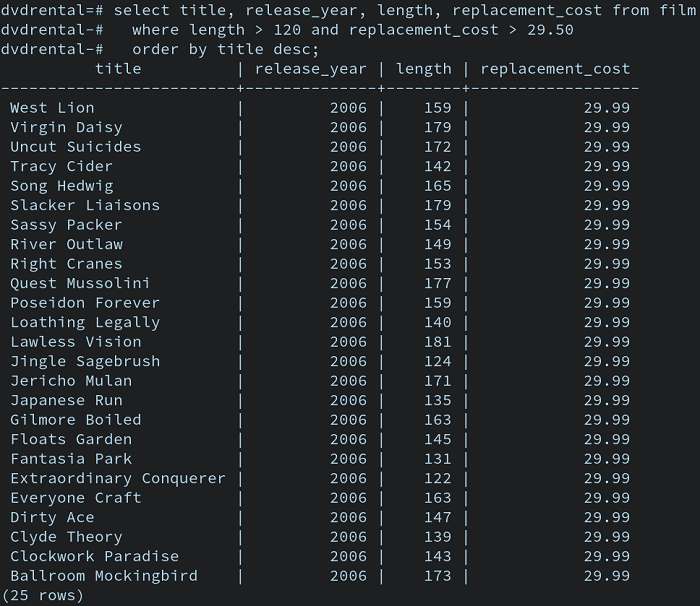How to Overcome Common Database Problems and Secure Business Data

Selecting the right database is challenging for most business owners and usually they need the help of professionals. There are several database options available today, so choosing one can be really tough without professional guidance.
However, just choosing the right database does not end there; there are other common databases issues that business owners need to tackle. This post gives you an insight into some of them and how they can be tackled without hassles.
The Emergence of Database Models
In the past decades, database options were very few, and people knew which one to choose based on their needs. Relational databases, for example, were quite popular as they were the solution for more or less every problem.
Fast forward to today, you will find the scale and the sizes of databases have grown rapidly. Over three billion smartphones and 20 billion devices use, collect, analyze, and share data stored in databases. The number will grow exponentially, so will the volume of data.
Different database models have emerged and since then have become reliable sources to store data that is increasing at a rapid rate. Moreover, dynamic growth in scope, capabilities, and complexity of what users want and expect from business applications has spiked. People are no longer keen to settle for solutions that were prevalent yesteryears.
If you were to look at the number of databases available today, you will find they have their unique pros and cons. The ideal way for you to determine which database is best for your business needs is to ask yourself what the key challenges you want your database to meet.
Once you answer the question of what is the key challenges you want your database to meet, you can effectively assess and measure any pitfalls to push the business forward.

DVD Rental Query Database.
Databases Challenges and Solutions to Secure Your Data
Here are common challenges that databases aim to address and how a good quality database can help to overcome them:
1. Ease of Use
In the past two years or so, there have been more than 100,000 databases that have been hacked in some high profile data breaches across the world, simply because they were exposed publicly on the Internet.
A reason for these databases being hacked was not just security issues, but also complexity. A study revealed that they had security documents that were about 60 pages long. How many database administrators will have the time or patience to read such a long document on the database's best security practices?
Database administrators (DBAs) and users want modern databases that are available with security systems that are quick and simple to set up. Databases should have the right alerts in place so that the people in charge can immediately get notifications when something is wrong. This feature protects both static and moving data. It is bad for any business to rely on difficult to implement or lackluster security features, such as delayed notifications of detections.
In the event of a data breach and your business’ data falls into the wrong hands, you risk losing sensitive information, money, or worse irreparable reputation damage that forces your business to shut down. The solution to avoid this is to use a solid, easy to use database, with robust inbuilt security features, and even reinforce the security of your business apps with such a top tier database.
2. Performance
If you look at most databases today, you will find harsh criteria enlisted for performance. The volume of data you receive might be expanding, and to make the end-user satisfied, you need to ensure it is processed faster.
Suppose you are looking for superior performance for your eCommerce business’ database. In that case, you need to identify and optimize the operational environment correctly so that the database can automatically adapt to this large inflow of data.
Most database management professionals advise that a database should be created for high-performance irrespective of the hardware used. If the database can perform well on an old machine or a small computer like Raspberry Pis, it can safely be said it probably has good performance overall.
3. Data Safety
Businesses should process data in such a manner that nothing is lost needlessly. This holds true for non-relational databases and databases that exist in a distributed cluster.
Business must ensure that there are ACID (atomicity, consistency, isolation, durability) guarantees for the database and the cluster. The biggest challenge for operational databases is their performance, and ACID is time-consuming.
Note, a good quality database offers you both a transactional guarantee and superior performance.
4. Functionality and Dependency
There used to be an assumption in the past that databases should function on the best available hardware and behave in a defined way. However, today the scenario is different thanks to the advent of virtual machine (VM) deployment and containers.
VM allow for a server's processor to run different operating systems (OSs) on one compute node, while applications running in a container environment share a single OS. Containerized databases virtualize the operating system only and give developers the ability to create predictable environments that are isolated from other applications.
VMs are capable of running far more operations than a single container, but that expanded functionality makes VMs far less portable because they depend on the OS, application, and libraries.
To keep the performance of your database running even in the event of limited power and manage large amounts of complicated data effectively, the database should optimize 100% of its resources for every second of its operations, whether it is a VM deployment or containerized.
5. Backups & Higher Availability
In single server systems, when the database goes down, the company goes down as well. With the help of data clusters, you can enjoy the benefits of many servers working together to give you several backup layers. For instance, for an e-commerce business, this is similar to the installation of more cash registers to manage an increasing queue of customers.
Distributed databases also have assignment failovers that means when a node performing specific tasks goes down, those tasks are transferred automatically to working nodes. Writing transactions to local disks becomes faster than having to shuffle them across distributed networks.
A good database considers the above factors that help to create innovative solutions for managing data, maintaining database performance, and ensuring data is always available.
In Conclusion
When it comes to overcoming database challenges, you as a business owner should keep in mind the above problems and possible solution. Once you have determined the key challenges that your business needs to solve with a database, you can choose the right one for your company's smooth operations.
Needless to say, databases are an integral part of any business. With the right choice of database, you are sure to gain a competitive edge in the market for increased success!






















